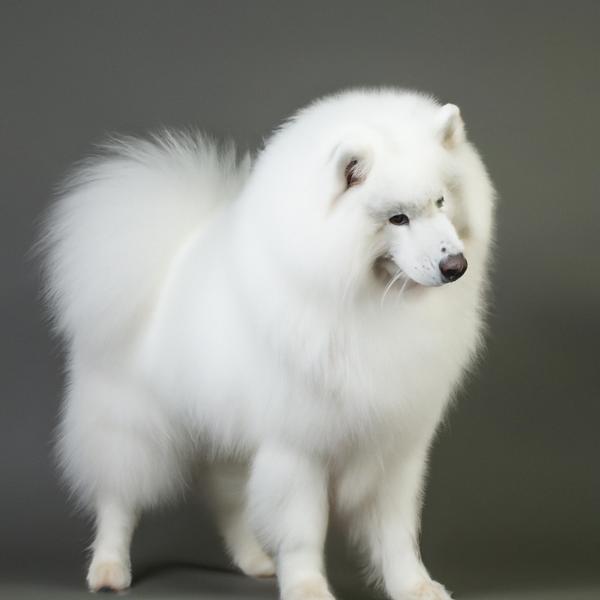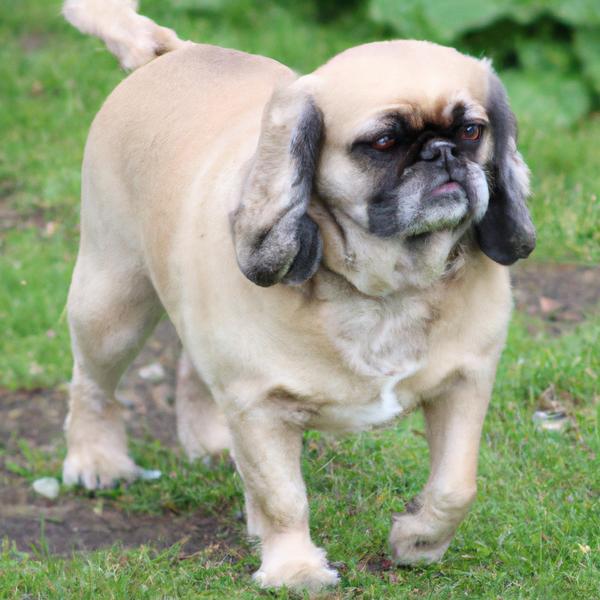Samoyed vs. Cocker Pug: Breed Differences and Similarities
Hypoallergenic
Are Samoyeds or Cocker Pugs hypoallergenic, or neither?
While no dogs are truly 100% hypoallergenic, Samoyeds are about as close as it gets, making them an ideal pet if you are an allergy sufferer.
Unfortunately, the Cocker Pug is not hypoallergenic, making it not a good choice for a dog lover who suffers from pet allergies.
Temperament
What are the personalities of Samoyed and Cocker Pug dogs?
Alert
Friendly
Playful
Stubborn
Lively
Intelligent
Sociable
Playful
Courageous
Intelligent
Friendly
Affectionate
Loyal
Gentle
Going
Trainable
Cheerful
Quiet
Faithful
Shedding Level
Do Samoyeds shed more than Cocker Pugs, or which breed sheds more, Samoyeds or Cocker Pugs?
Samoyeds shed a lot of hair each year, so frequent brushing is essential for reducing shedding and maintaining coat health.
Cocker Pugs are heavy shedders, but regular brushing can help manage shedding and promote a healthy coat.
Watchdog Ability
Which dog breed makes a better watchdog, the Samoyed or Cocker Pug?
Samoyeds make excellent watchdogs - they're vocal and protective of their territory.
Cocker Pugs aren't great guard dogs; they tend to just watch without taking action.
Origin
What is the origin of Samoyed and Cocker Pug dog breeds?
Russia
United States
Ancestry
What are the origins of Samoyed and Cocker Pug breeds?
spitz
Pug, Cocker Spaniel
Breed recognition
Which kennel clubs recognize/register Samoyed and Cocker Pug?
American Canine Registry
American Kennel Club
America's Pet Registry
Canadian Kennel Club
Dog Registry of America Inc.
Federation Cynologique Internationale
Kennel Club of Great Britain
North American Purebred Registry, Inc.
American Canine Association, Inc.
Australian National Kennel Council
Continental Kennel Club
National Kennel Club
New Zealand Kennel Club
United Kennel Club
ACHC = American Canine Hybrid Club
DBR = Designer Breed Registry
DDKC = Designer Dogs Kennel Club
DRA = Dog Registry of America, Inc.
IDCR = International Designer Canine Registry®
Date of Birth
When were Samoyed and Cocker Pug breeds first developed?
ancient times
Unknown
Eye Color Possibilites
What are the eye colors of Samoyed and Cocker Pug dogs?
Brown
Brown
Nose Color Possibilites
What are the natural nose colors of Samoyed and Cocker Pug?
Black
Black
Brown
Coat Length
What is the typical coat length for Samoyed and Cocker Pug breeds?
The coat of Samoyed and Cocker Pug dogs is longer than that of the typical dog.
Coat Density
What is the density of the coat of Samoyed and Cocker Pug?
Coat Texture
What is the hair texture of Samoyed and Cocker Pug?
Straight
Wavy
Litter Size
What is the usual litter size for Samoyed and Cocker Pug?
A Samoyed can have a litter of 12-14 puppies on average. However, it's worth noting that the size of the litters can vary greatly. Factors that can influence litter size include the health of the mother, breeding history, and genetics.
A Cocker Pug can have a litter of 6-8 puppies on average. However, it's worth noting that the size of the litters can vary greatly. Factors that can influence litter size include the health of the mother, breeding history, and genetics.
Adaptability
Samoyeds are known for their adaptability and can adjust well to different environments and lifestyle changes.
Cocker Pugs are highly adaptable and versatile, making them excellent companions for families and individuals of all lifestyles.
Health Issues
Between Samoyed and Cocker Pug, which breed is more prone to health problems?
While the Samoyed breed is generally healthy, occasional vet check-ups are still necessary to address any health concerns.
Cocker Pugs typically have low vet costs due to their good health, but it's important to monitor their health and seek vet care when necessary.
Major Concerns
What are the major health concerns for Samoyed and Cocker Pug breeds?
Hip Dysplasia
Ear Infections
Entropion
Cataracts
Canine Hip Dysplasia
Seborrhea
Hypothyroidism
Atopy Dermatitis
Progressive Retinal Atrophy (PRA)
Minor Concerns
What minor health issues should be kept in mind when owning Samoyed and Cocker Pug?
Progressive Retinal Atrophy
Allergies
Patellar Luxation
Diabetes
Heart Murmur
Mast Cell Tumors
Occasional Tests
What occasional tests are recommended for Samoyed and Cocker Pug breeds?
Eye
Hip
X-Rays
Eye Examination
Physical Examination
Allergy Tests
Hip X-Rays
Thyroid Tests
Skin Scraping
Allergy Tests
Ear Examination
Biopsy
Eye examination
Electrocardiogram
Complete Blood Count
Serum Chemistry Tests
Energy
How do the energy levels of Samoyeds and Cocker Pugs compare?
Samoyeds thrive on an active lifestyle due to their high-energy nature.
Cocker Pugs are suitable for those with a balanced lifestyle as they have an average energy level.
Social Needs
Samoyed vs Cocker Pug social needs comparison
Samoyed has above average social needs and thrives with interaction with humans and other dogs.
Cocker Pug has very high social needs and requires regular mental and physical stimulation, a job or purpose, and companionship.
Exercise Needed
Samoyed vs Cocker Pug exercise need comparison.
Samoyeds require significant physical activity and suit those with an active lifestyle.
Cocker Pugs need moderate physical activity and are great for families and active individuals.
Sleeping Need
Which of the two sleeps the most/least: Samoyed or Cocker Pug?
Samoyeds are active and require sufficient sleep to stay healthy.
Cocker Pugs sleep less than other breeds but still need adequate sleep for good health.
Tendency to Bark
Do Samoyeds or Cocker Pugs bark more/less frequently?
Samoyed and Cocker Pugs tend to bark moderately, they bark when necessary, such as to alert their owner or to communicate something. They may also bark due to certain triggers like fear, alarm, boredom, greeting, separation anxiety and compulsive barking.
Mouthiness
Mouthiness Comparison: Samoyed vs Cocker Pug?
Roaming urge
Samoyed vs Labrador: Running away tendency?
Prey Drive
Samoyed or Cocker Pug - which breed has a higher level of prey drive?
Past times
What are some enjoyable activities and ways to keep Samoyed and Cocker Pug entertained?
Talking, Barking, Ear rubs, Butt scratches, Sniffing, Eating, Being talked to, Walk, Run, Play, Petting, Go on Vacation, Catch treats, Shake, Heel, Walking, Playing catch, Smiling, Chasing, Running, Eating Snacks, Hiking, Tug, Swimming, Fetch, Snuggles, Go to Beach, Go to Park, Groom, Play fetch
Chase, Playing, Tug-of-war, Walking, Cuddling, Swimming, Camp, Fetch, Swim, Walk
Activity Level
Which breed has higher energy, Samoyeds or Cocker Pugs?
Both Samoyed and Cocker Pug are medium-energy dogs that enjoy socializing and playing with other dogs. They may engage in casual or sustained games of chase, and occasionally have bursts of barking or racing around the house.
Tolerance of being left alone
Walks per Week
How many miles should Samoyed or Cocker Pug walk each week?
There's really no limit to how far you walk your dog as long as they're comfortable. For Samoyed, it's at least 8 miles / week. Just remember to build distance and stamina gradually over time.
There's really no limit to how far you walk your dog as long as they're comfortable. For Cocker Pug, it's at least 7 miles / week. Just remember to build distance and stamina gradually over time.
Activity per Day
Do Samoyeds or Cocker Pugs require more exercise?
In general most Samoyeds usually need at least 60 minutes of exercise daily. This can be spread across the day and include all sorts of high-energy activities, like walking, running and playing.
In general most Cocker Pugs usually need at least 45 minutes of exercise daily. This can be spread across the day and include all sorts of high-energy activities, like walking, running and playing.
Grooming
Which breed is easier to maintain in terms of grooming, Samoyeds or Cocker Pugs?
Samoyeds require significant grooming, including regular trims and professional grooming assistance to maintain their coat. They may also require frequent bathing to keep their coat and skin healthy.
The Cocker Pug has low grooming needs and is easy to maintain.
Brushing Frequency
What is the recommended brushing frequency for Samoyed and Cocker Pug dogs?
Samoyed and Cocker Pug should be brushed at least once a week. Of course, you can give them more frequent brushes if you find that they are still shedding a lot.
Brushing Tools
What brushing tools are used for Samoyeds and Cocker Pugs?
Pin Brush
Comb
Nail Clipper
Slicker Brush
Dematter
Deshedder
Nail Clipper
Cups
How much food should be given to Samoyed or Cocker Pug in cups?
For an average 45-65 pound (20 - 29 kg) Samoyed feed 2.8 cups daily. But, keep in mind, the amount you feed is going to be dependent on the quality of the food you are feeding.
For an average 18-35 pound (8 - 16 kg) Cocker Pug feed 2.5 cups daily. But, keep in mind, the amount you feed is going to be dependent on the quality of the food you are feeding.
Daily Cost
Which breed has a higher daily cost, Samoyed or Cocker Pug?
Samoyed and Cocker Pug have a similar average daily cost of around $1.70 - $2.00.
Monthly Cost
Which breed has a higher monthly cost, Samoyed or Cocker Pug?
When it comes to monthly expenses, both Samoyed and Cocker Pug have a similar average cost, ranging from $48 - $63. This results in an average yearly cost of around $576 - $756.
Intelligence
Comparing Intelligence: Samoyeds vs Cocker Pugs
Samoyed is a very intelligent and trainable breed.
Cocker Pugs are average in obedience intelligence but have a high IQ and may cause trouble if left unsupervised.
Sensitivity Level
How do Samoyed and Cocker Pug compare in sensitivity?
Samoyeds are adaptable and resilient, making them ideal for those seeking a less sensitive pet.
This breed is sensitive and requires gentle handling and a calm home environment.
Affection Dependance
Which is the more affectionate dog breed: Samoyed vs Cocker Pug?
Apartment Friendly
Which breed is more apartment-friendly: Samoyed or Cocker Pug?
Samoyeds are good apartment dogs as long as they get enough exercise and stimulation outside of the apartment.
Cocker Pugs make excellent apartment dogs, being fairly active indoors and not requiring a yard.
Child Friendly
Do Samoyeds or Cocker Pugs have a friendlier temperament towards children?
The typical characteristics of Samoyed and Cocker Pug indicate that this breed of dog is an ideal companion for kids and makes them family pets. Their gentle and protective nature and calm mentality make them gel along quickly with the younger humans.
Senior-friendly
Which dog is more suitable as a pet for the elderly - Samoyed or Cocker Pug?
Cat Friendly
Do Samoyed or Cocker Pug breeds have a better compatibility with cats?
Samoyeds are average in their friendliness toward cats and tend to do well with them, especially if raised together.
Cocker Pugs are very friendly with cats and make great companions for them.
Dog Friendly
Which breed is more sociable with other dogs: Samoyed or Cocker Pug?
Samoyeds are friendly and active companions, and can be good family pets, though their friendliness towards other dogs may vary.
Cocker Pugs are generally very friendly towards other dogs, with a happy and affectionate temperament.
Pet friendly
How do Samoyed or Cocker Pug dogs interact with other pets?
Stranger Friendly
Which breed is more friendly with strangers: Samoyed or Cocker Pug?
Samoyeds are averagely friendly around strangers but benefit from early socialisation.
Cocker Pugs are friendly but may bark at strangers, and training is easy due to their intelligence.
Playfulness
Which breed is more playful between Samoyed and Cocker Pug?
Samoyeds have an average level of playfulness, enjoying playtime like most dogs but not excessively so.
Cocker Pugs are a playful breed that needs daily playtime to be happy.
Trainability
How do the trainability levels of Samoyeds and Cocker Pugs compare?
Samoyeds are popular for their ease of training and quick learning ability.
Cocker Pugs are usually easy to train but require consistency to fully obey commands.
Compare Samoyed with other breeds
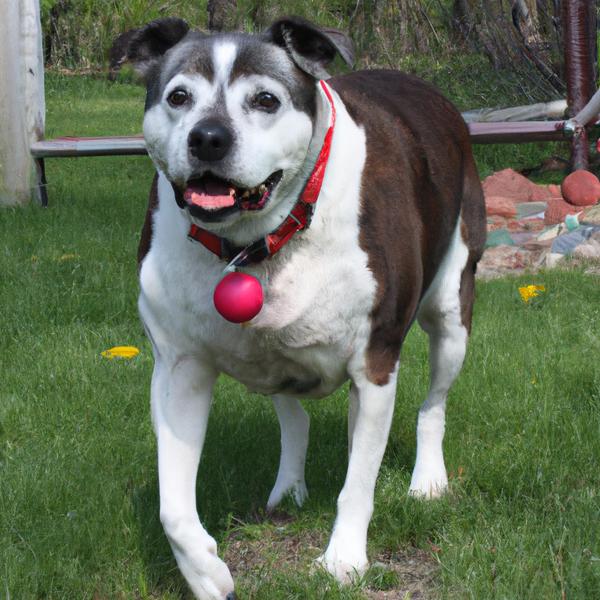
Olde Pit Bulldogge
Samoyed vs Olde Pit Bulldogge
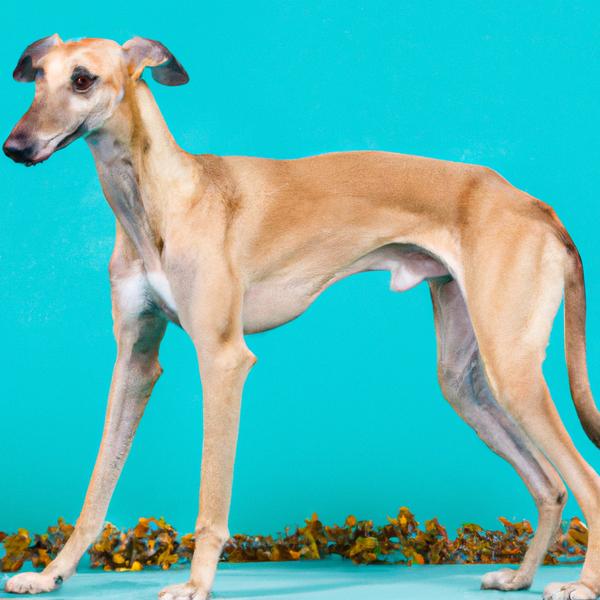
Sloughi
Samoyed vs Sloughi
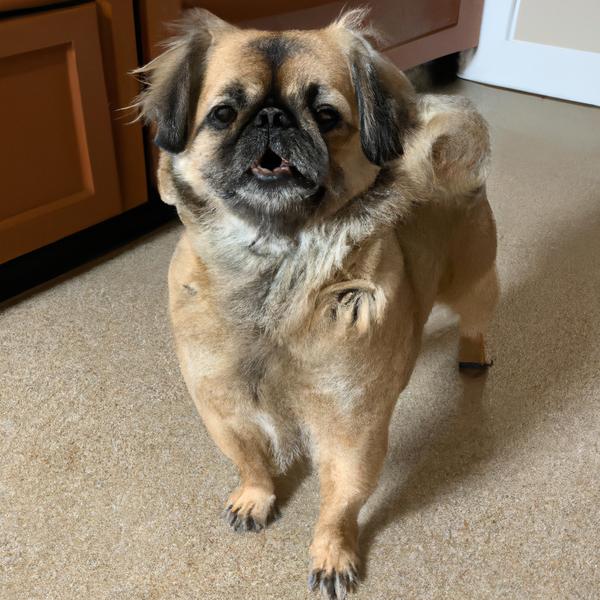
Tibetan Pug
Samoyed vs Tibetan Pug
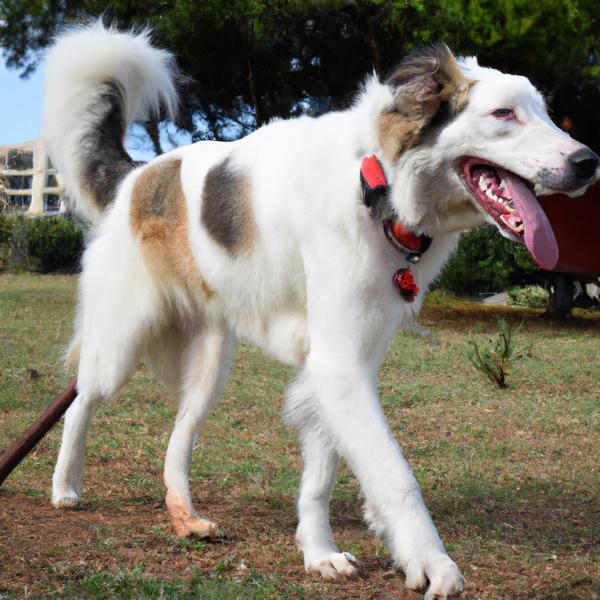
Border Collie Pyrenees
Samoyed vs Border Collie Pyrenees
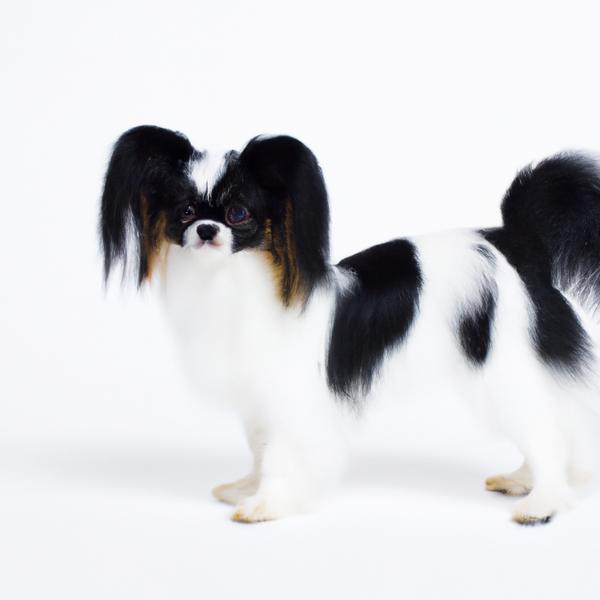
Chimation
Samoyed vs Chimation
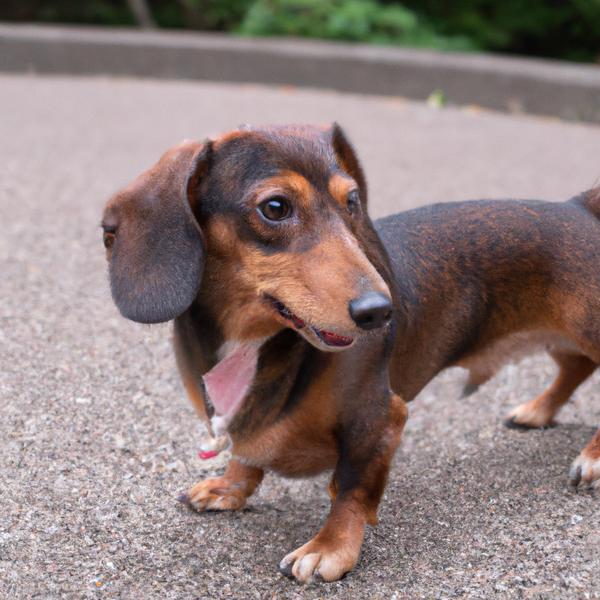
Doxiemo
Samoyed vs Doxiemo
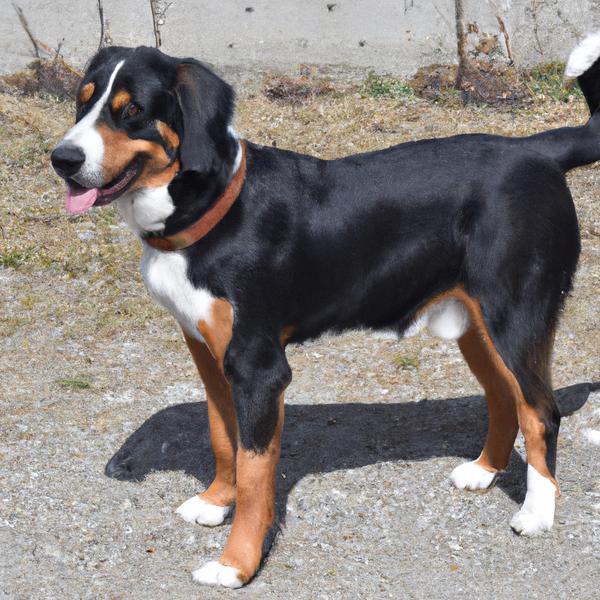
Entlebucher Mountain Dog
Samoyed vs Entlebucher Mountain Dog
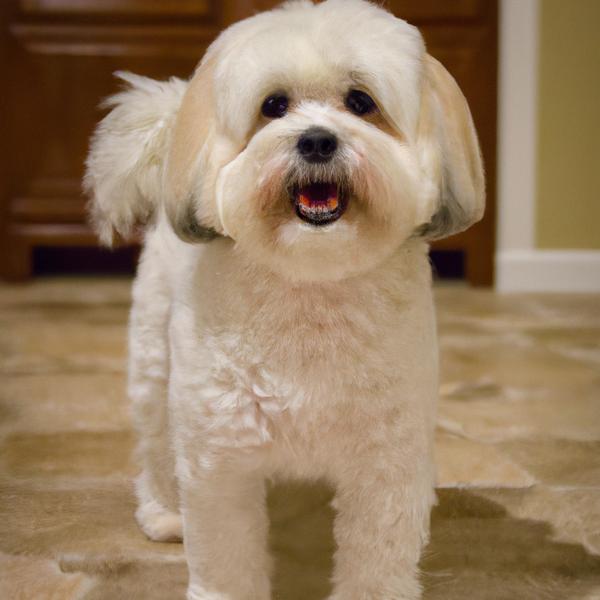
Zuchon
Samoyed vs Zuchon
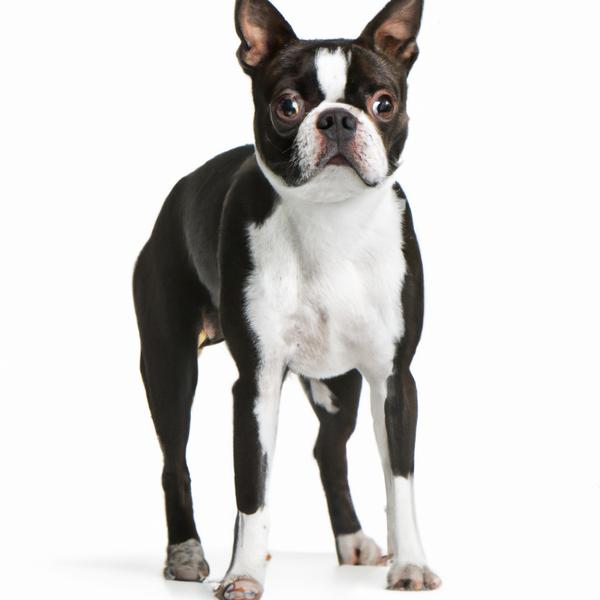
Bostinese
Samoyed vs Bostinese
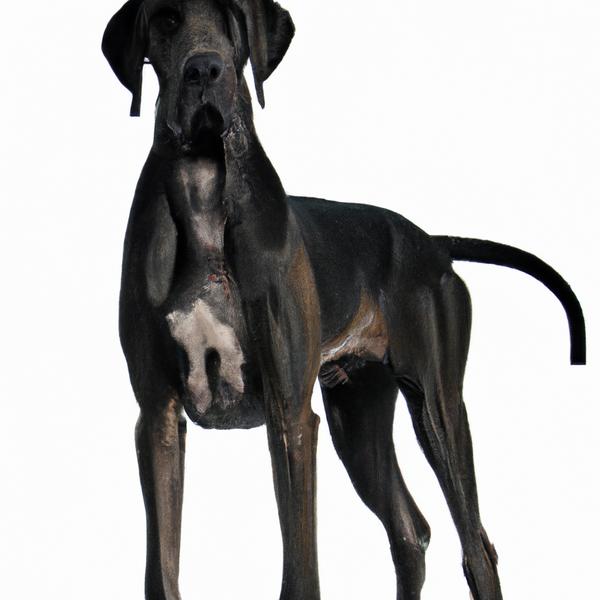
Cortese
Samoyed vs Cortese
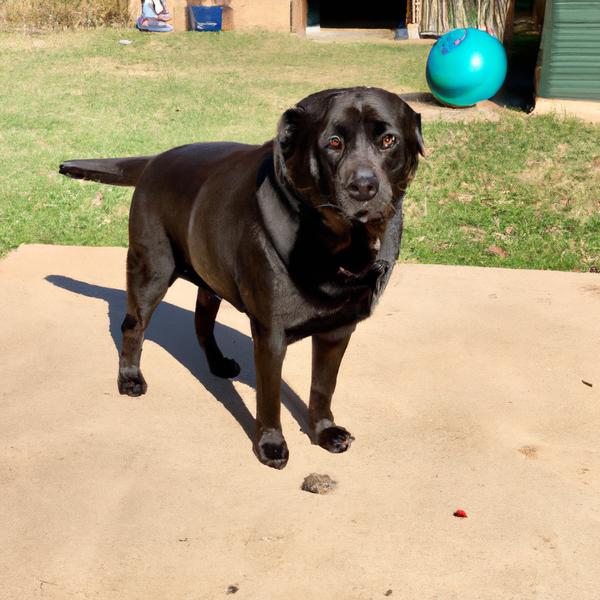
Lab Pei
Samoyed vs Lab Pei
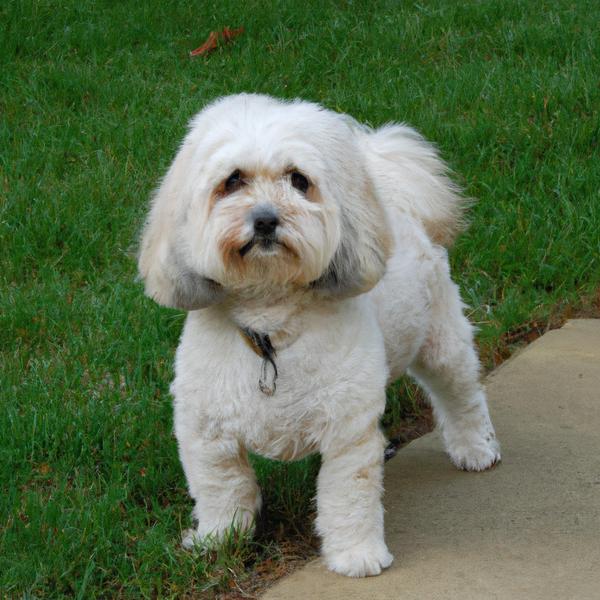
Havachon
Samoyed vs Havachon
